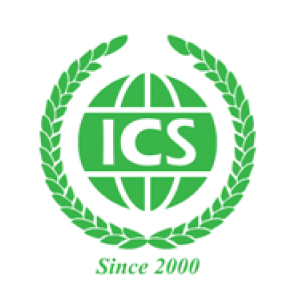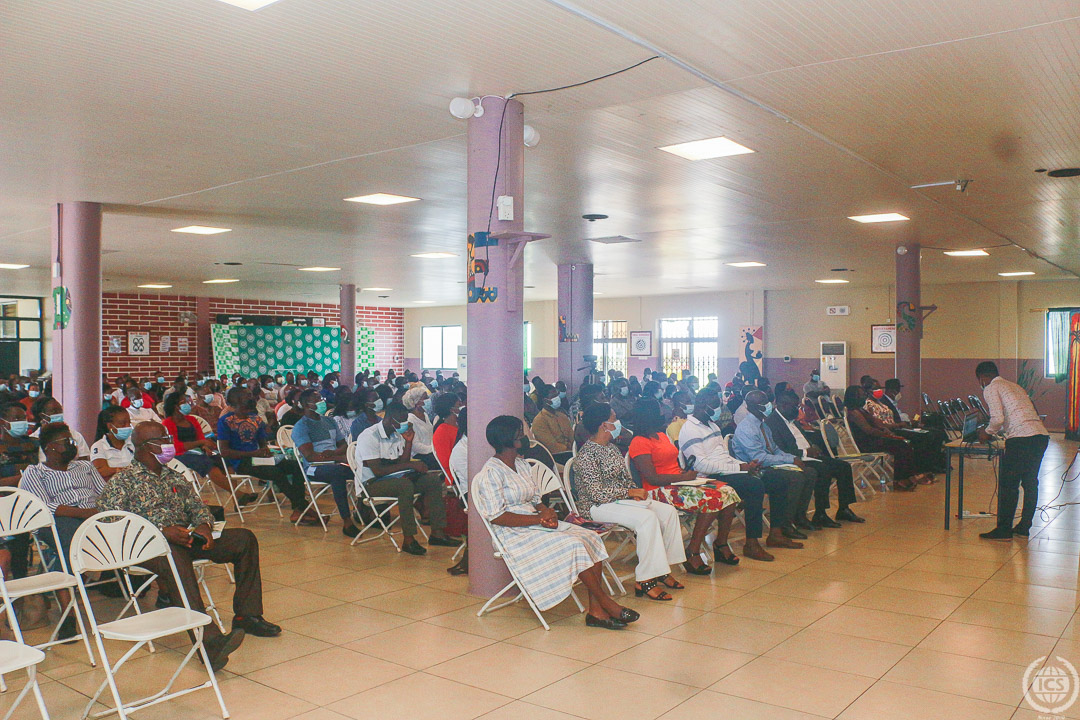ICS Educators Bootcamp: Opening Remarks by Dr. Charles Yeboah
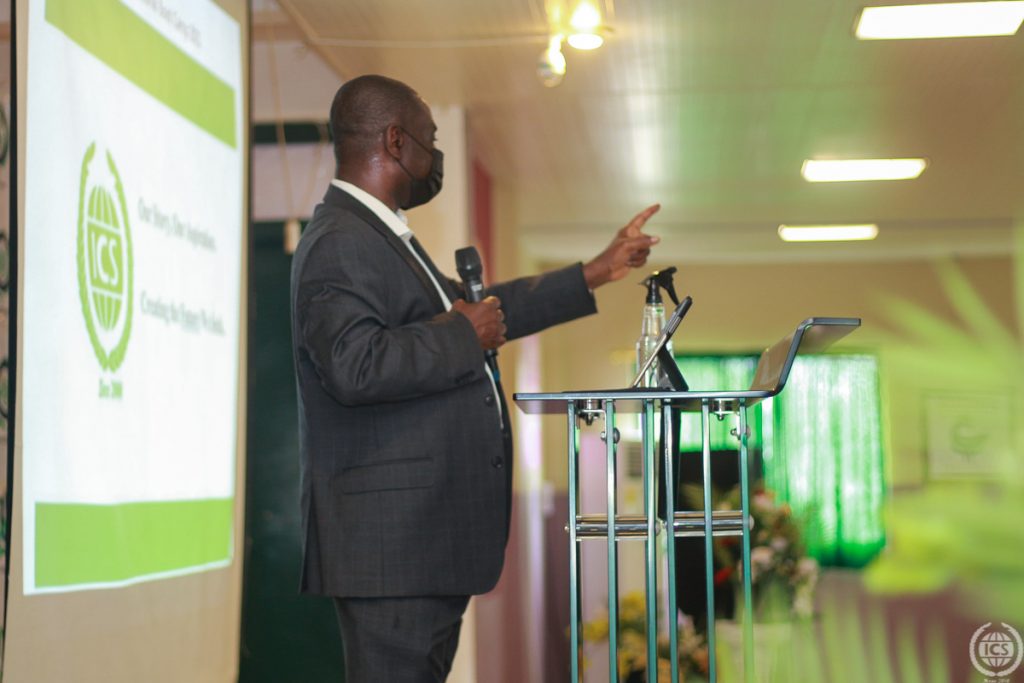
Our Story, Our Aspirations, creating the future we seek
Theme for 2021 / 2022 academic year
It is good to see all of you! I would like to formally welcome all new and returning staff to this year’s Educators’ Bootcamp. For many of you, including some past staff, this is going to be your first experience of our annual education conference that precedes school re-opening. I am sure you will learn and contribute a lot to the success of this conference. Once again, welcome!
Please, join me as I express my profound appreciation to Mr Sarpong, Mr Konadu, Agya Oye and the rest of the planning committee who have worked so tirelessly as always to put together what promises to be a great conference. I also say a big thank you to so many of you teachers and staff that have accepted to present at this year’s conference. You know, “to share is to grow”.
And of course, we thank God for making it possible for all of us to gather physically this week. This will be the first time that some of us have seen each other (even those we know) in 2 years, and to put a face to others we have heard about or only met online. I entreat all of you to do your very best to follow all the COVID-19 preventive protocols so that you are safe and everyone else is also safe. God bless and protect us all.
And now to the theme of the conference, which will also constitute our theme for this Academic year:
“Our Story, Our Aspirations: Creating the Future We seek”
A lot of thoughts went into choosing this theme for this year, and one that I trust will have huge repercussions on the school for many years to come. Indeed, the more I have reflected on the theme, the more excited I have become.
You know anything about the future can be and should be exciting!!
And the theme I have chosen for our reflection this week, and to guide our work as key stakeholders of the school, is very much future-oriented.
Please, allow me, to begin with, a brief historical overview of the International Community School.
Even for those of you that have been here for a while, this may well be the first time I am giving a more detailed version of the ICS history.
The story of ICS began quite humbly 22 years ago. Mrs Yeboah and I together with our two girls then (Debbie ad Michelle) had just moved back to Ghana and settled in Kumasi from the US. This was in August 1998. Prior to August 1998, I had travelled to Ghana ahead of the family to look into work conditions, accommodation and schooling for Debbie who was then 8years. Michelle was just 2years then so we did not have to worry about her that much.
Well, after going around Kumasi and looking at schools, even some of the then best schools it dawned upon me school was going to be our major challenge since Debbie had attended one of the best suburban schools in Chicago. I was not too impressed with what I saw. Now you must understand, I was looking at the then Kumasi schools with my very American biased perspectives.
“The future belongs to those who see possibilities before they become obvious”
John Sculley
I remember stepping out of the gate of the house I was looking into renting for our stay in Kumasi and placing a call to Mrs Yeboah, and telling her, a school for Debbie was going to be a challenge. Now guess what, the house I placed the May 1998 call from is the current Patasi preschool building.
When I called Mrs. Yeboah and told her that school was going to be a challenge, we also threw a challenge to ourselves during the call; maybe we should consider starting a school when we finally come back and settled. Mrs. Yeboah was excited about the discussion. As a matter of fact, she was the Educator between the 2 of us, having taught several years before we went to the US.
Fast forward, we came back in August 1998, settled, and in April 1999, we started the school in our living room in the Patasi Preschool building with 7 children, excluding our 8-year-old Debbie then, but included Michelle who was just 2, who basically just sat in when the 4 to 6-year-old children came to be taught by Mrs Yeboah. The rest is history, but let me give you again, these timelines:
- August 1998, we returned to Ghana
- April 1999, we started The School with 7 kids
- In September 1999, we started the new school year with 25 kids, organized an open house and the then Regional Minister actually attends, although he came after the event was over. That same year, we moved out of the house so the school can expand into the other bedrooms.
- In November 2001, we purchased the 20-acre land here at Pakyi No. 1 and cut sod to begin construction of a new and permanent campus.
- In summer 2002, the first phase of construction that comprised the Years 1, 2 and 3 buildings commenced and finished in September 2003. We moved to the Pakyi campus in September 2003. Other phases continued later years as we had funds. ICS kept growing and our reputation in Kumasi, rose, becoming the most recognized brand.
- In 2014 we decided we want to go to Accra the following year, and we did in 2015. This was the most daring and no doubt, the riskiest decision we ever took as a school to go compete in Accra, but we were undaunted
- 2017, we purchased the Obojo land
- March 2018, phase 1 of the Accra Campus begins (boarding house) and ends in October 2018 (7 months record speed construction)
- August 2019, phase 2 which comprise the full campus commences and is expected to be completed in October 2021 (record construction of full 3 stream school with all facilities by any standard anywhere in the world). And the campus, though small, will be very beautiful. It will definitely be one of a kind in the Capital city for a school complex.
As you can see, God has been good to us and to the ICS journey so far.
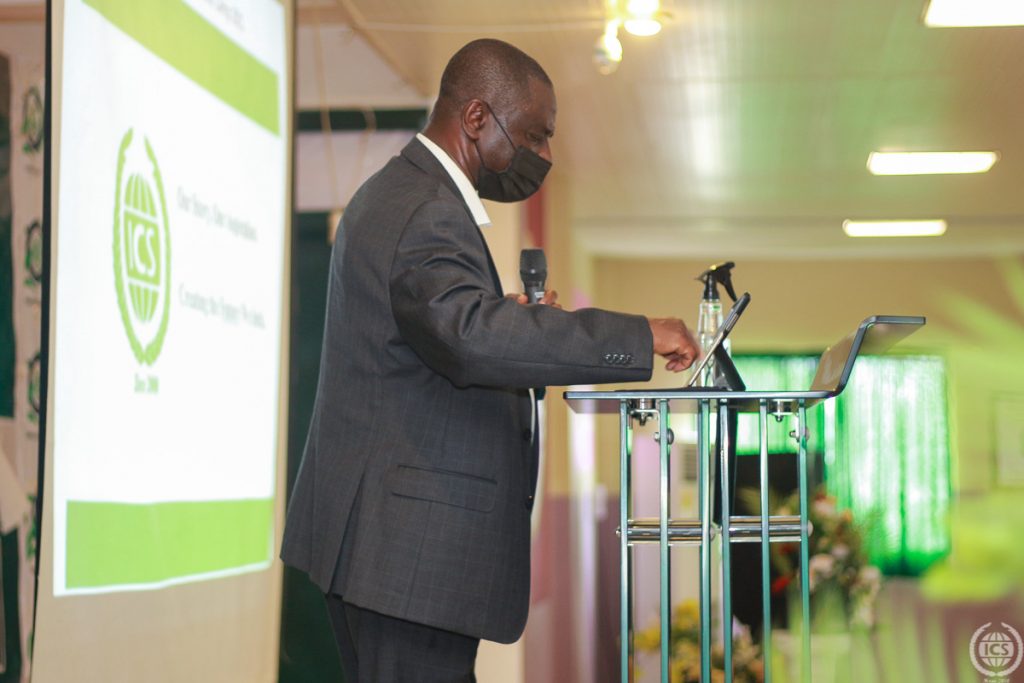
Telling the ICS story, the way I have done sounds like a smooth passage over the years. But not quite. We have had quite some tumultuous experiences along the way, but those conversations are for another time. Look out for the “ICS: Our story, Our Aspiration” book coming out someday soon.
Now, I could end it all here and leave you with a beautiful and inspiring story of how a small and humbling beginning can lead to a great feat. And I am sure it would attract great applause and we will congratulate ourselves for how far we have come.
But in as much as that would be in order, we will be doing ourselves a great disservice if we just looked at past and present achievements. That is why the theme chosen for this year looks beyond the past and present “glories” and stretches to the future ahead of us.
“Our Story, Our Aspirations: Creating the Future We Seek”
This is quite a loaded theme. I am going to do my best to unpack and trust that we will leave here excited about the future we imagine and create for ourselves.
“Our Story, Our Aspirations: Creating the Future We seek”
“To become a great school in the future, we must first seek to become one”
Dr. Charles Yeboah
Because, I have already given a historical sketch of the school, though brief, I am going to use the time I have left to focus our conversation on the future; precisely on “Creating the Future We seek”.
By choosing “Creating the future we seek,” I am suggesting the following:
- By the phrase, “the future we seek” I assume we all aspire for something good and great in the future, whether individually or collectively; whether at the personal level or as different family units, whether in career, in professional growth, or for personal/family success.
- And “by the future, we seek,” I assume we all expect that the organization we work for, in this case, ICS, to be an organization that aspires for greater good and greatness in the future. Indeed, if the organization you work for doesn’t have such an aspiration, you shouldn’t be wasting your time in such an organization.
- I am suggesting by the word “creating the future we seek,” that, it is possible to bring about ourselves, the future we dream about.
- Furthermore, by the phrase, “creating the future we seek,” I am suggesting that not only is it possible for us to bring about our future but that many times our failure to achieving future success stems from our failure to imagine the creative potential we all have towards greater success in the future.
John Sculley, an American Businessman, Entrepreneur, and former President of Pepsi as well as, former CEO of Apple Inc, once said “The Future belongs to those who see possibilities before they become obvious ”
In effect, what John Sculley meant is that: good schools become great only when those who work in them see that possibility before that greatness occurs; John Sculley is saying, good teachers become great teachers only when they so imagine themselves ahead of time, John Sculley is saying, good administrators, become great school leaders when they so envision themselves. John Sculley is saying, boys and girls and all young people everywhere become successful in school and in life when they are made to believe such possibilities exist. “The future belongs to those who see possibilities before they become obvious.”
The phrase, “Creating the Future We seek,” is not unrelated to what John Sculley talks about, in his statement, the future belongs to those who see possibilities before they become obvious.
To become a great school in the future, we must first seek to become one.
But the theme chosen goes even deeper than that.
It suggests that we know what we are looking for or we should know what we are looking for, or we should know what kind of school we are seeking to become. That is really fundamental.
To become a great school, great teachers, great staff in whatever role, great administrators, we must know what it is that we want to become. We must know what great schools, great teachers, great admin staff, great administrators and school leaders look like. And if we do not know, we should imagine them.
If we do not know what we seek to become, we cannot create it, we cannot bring it about.
The question now is, do we want to become a great school? And if we don’t, why waste our time really? If you don’t intend to become a great teacher, staff, and leader of the school, why waste your time? Why would you do something that lacks greater meaning for you?
So, you see, that is what this theme is all about: “Creating the Future We seek”. Because I don’t think there is anyone among us who just want to become a failure or just an average person.
I am going to recommend the following action points in the course of this term:
- At the organizational level: From Core Management to our 2 Principals, to our heads of schools and managers, to our heads of departments to teachers, staff, students and parents, we are going to have series of conversations at different levels and jointly. The conversations will focus on what kind of future we seek, what kind of school we want to become and what kind of teachers, staff, students it would require to bringing that about.
- At the individual level, it will be important to have conversations among teachers and staff and at your own individual levels, what of kind of teacher, staff or professional you seek to become and what kind of skills set and understanding you need to have to become what you seek to become.
- All the stakeholders of the school (Directors, Management, Teachers, staff, students, parents would work together to generate ideas about where we want to be and how we are going to get there.
- In the end, I would like to see us mount giant boards and signs across our schools and almost everywhere anyone passes in our school and showcase the future we dream about as a school, the children being a critical part of the conversations.
If we know what we want to be, we can help create it or bring it about. I look forward to working with Core Management, the 2 Principals and the Heads and with all of us in creating the future we seek.
And now, playing with the word FUTURE, I came up with some ideas that must guide whatever we come up with as contents of the future we seek.
You will find this application for your own individual life success and for the future we seek collectively:
The word FUTURE has 6 letters. I will be assigning special phrases for each of the letters and attempt to show how each of the phrases I create must inform the future we want to create together.
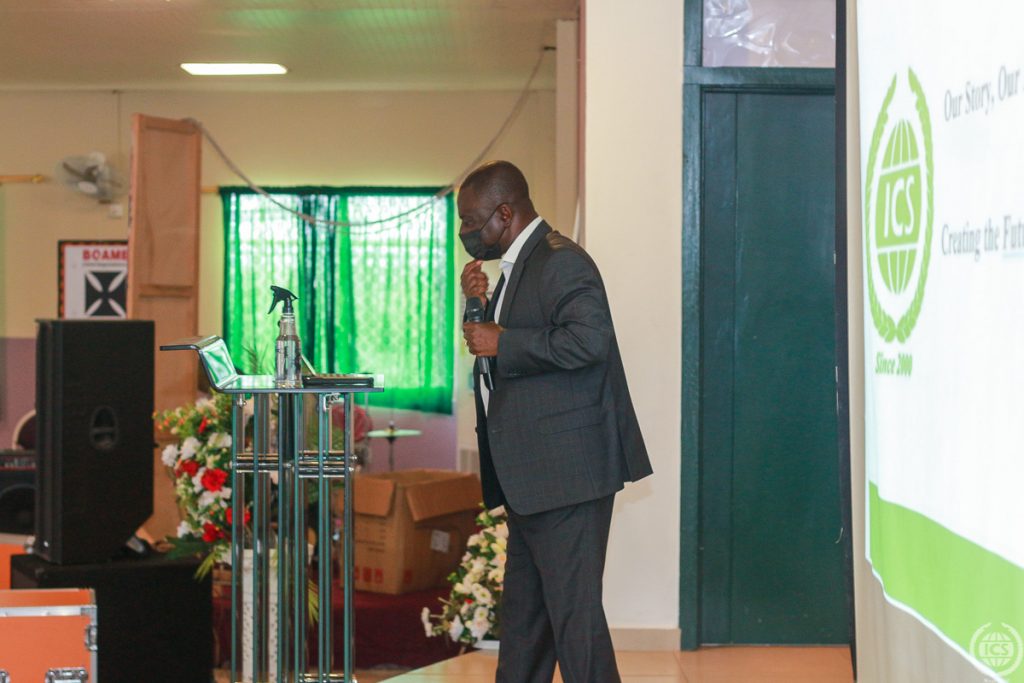
F (Far-sighted or Forward-Looking)
Look into that which is ahead of us, not what is behind us, nor present achievements. Neither focus on what we can get now or have now but what can be ours with patience and steadfastness.
It is so common practice and attitude to be preoccupied with the present only. Many people want to see and show success now; We act successfully before we are actually successful.
U (Unambiguous)
To say something is unambiguous is to say it is clear, certain. What we want to achieve in the future for ourselves, family, school, professionally must be crystal clear.
We must know where exactly we are going and what is it that we want to achieve.
For example, we can say we want to be among the top 3 schools in Ghana, or the best in the country. We will need to be able to clearly understand what that looks like so we can aim at it or for it.
T (Time-Tested)
The future we want must be fool-proof, it must stand the test of time. Will our practices stand the test of time or risk being swept aside?
So many begin well and so many organizations start well and then frizzle out in the course of time.
Will the ICS Story be told over and over again? And will you be one of the reasons why the story is retold all the time?
U (Undaunted)
It is to be resolute, be courageous, be fearless in our pursuit.
It means we know where we are going and we are determined to get there.
Listen if we know where we are going and we accept that it is the right future for us, we will not be discouraged by the difficulties we encounter on our way.
One of the most inspiring messages ever given is J. F. Kennedy, the former and late American President’s speech on America going to the Moon. He said:
“We choose to go to the Moon in this decade and do the other things, not because they are easy, but because they are hard; because that goal will serve to organize and measure the best of our energies and skills, because that challenge is one that we are willing to accept, one we are unwilling to postpone, and one we intend to win, and the others, too”.
Colleagues, if we want to get to the top and the top is where we must be. No other place is good enough. And if we are going to get to the top, we must know it is possible, but it will be HARD.
Do we have the resolve to go for gold and not just bronze? Do we have the courage to be up there, and not to have just appeared in the race of school establishment?
R (Relevant)
Appropriate to the current time, period or circumstances, or of contemporary interest. The future we envisage and the future we create must match the times we operate in. It means, the education we offer and how we do it must be adaptable to the times in which we live or what we envisage will be changing in this fast-changing world.
In the book “What Got You Here Won’t Get You There,” Marshall Goldsmith discusses how business leaders and organizations often are obsessed over the traits and skills that earned them their success so far in their careers and how focusing on existing strengths limits them from adapting their skillset and readying themselves for the future.
If we want to rise to the top (individually or collectively), we must constantly adapt to changing trends and be always relevant.
E (Exciting)
Finally, and perhaps the most exciting part, is that what we envision for ourselves, for our families, for our learners for our school, must be exciting!!!
There must be great enthusiasm and eagerness that is almost contagious. The future we seek and create must not be boring, especially when we are dealing with young people.
We must constantly find ways and means to make the education we offer and the future we present to these young learners, one that is thrilling and gives them the greatest pleasure. How excited are we? And how do we show it?
I have told you, it is possible to create the future we seek, but we must know exactly what we seek, what we are looking for. And once we know what we want, and decide to go for the future we seek, we must ensure that it has the following characteristics:
- It is Far-Sighted
- It is Unambiguous
- It is Time-Tested
- It is Undaunted
- It is Relevant
- It is Exciting
Thank you.


